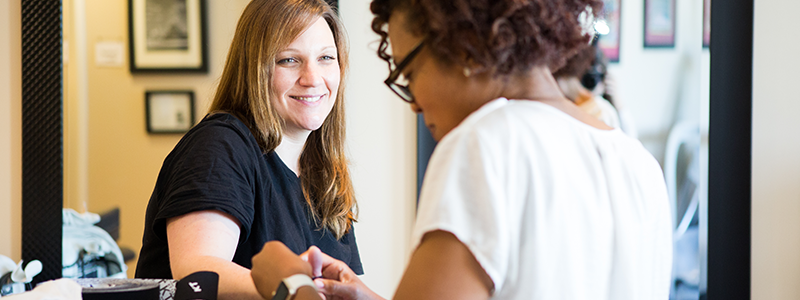
Social capital is a new concept to physical therapist practice that has the potential to facilitate interprofessional and intraprofessional relationships. Personally, I think it is very exciting to see how ideas from sociology literature can make a difference for physical therapists and health care at large.
By definition social capital is the advantage created by a person’s location in a structure of relationships. It explains how people perform better because they are connected with others.1,2 The principles of social capital are at work in the health care environment when it comes to clinical practice, teamwork, and training, and can strengthen the development of interprofessional education. The three primary forms of social capital include broker, closed, and partner networks.
